Beyond Sentience
Those who do not remember the past
are condemned to repeat it.
As are, it seems,
those who DWELL on the past.
Though past performance
is no guarantee of future results,
reaction is everything.
Crowds can be fickle things.
Even among so-called “sentient” beings,
stampedes seem unavoidable.
BEYOND sentience,
this is where our “hope” lies —
as if we needed it.
2/13
The exploration of the concept “beyond sentience” invites us into a profound contemplation of the limitations and potentials of consciousness. This reflection navigates through the realms of memory, the cyclical nature of history, the influence of collective behavior, and ultimately, the transcendence of conventional understandings of sentience. It suggests that while sentient beings are capable of complex thought and emotional experiences, there exists a realm of understanding or existence that surpasses these attributes, offering new dimensions of hope and possibility.
The Paradox of Memory and History
The adage that those who do not remember the past are condemned to repeat it highlights the importance of historical memory in avoiding the mistakes of previous generations. However, the observation that dwelling on the past can also lead to a cyclical repetition of history introduces a paradox. It suggests that there is a delicate balance between learning from the past and being ensnared by it, indicating that the way we engage with history can significantly impact our trajectory as individuals and as a collective.
The Unpredictability of Collective Behavior
The reference to audience reaction and the fickleness of crowds underscores the unpredictable nature of collective behavior. Despite the capacity for sentience, which should ostensibly enable rational decision-making, the phenomenon of stampedes among sentient beings points to the presence of primal, herd-like instincts that can override individual reason and judgment. This observation challenges the assumption that sentience alone is sufficient to guide us toward more enlightened or rational behaviors.
Beyond Sentience: A Realm of Hope
The notion of finding hope “beyond sentience” suggests that the solutions to the dilemmas posed by our sentient nature may lie in a realm that transcends traditional cognitive and emotional capacities. This realm beyond sentience could encompass higher states of awareness, interconnectedness, and perhaps even a more profound understanding of existence that goes beyond individual and collective ego, desires, and fears.
The Notion of Necessary Hope
The phrase “as if we needed it” in relation to hope introduces a subtle questioning of the role and necessity of hope in our lives. It implies that while hope is often regarded as an essential driving force, there may be states of existence or consciousness where hope, as we understand it, becomes redundant. In these states, being itself may be sufficient, free from the desires and fears that typically fuel our hope for the future.
Summary
The meditation on moving beyond sentience and its implications for understanding memory, history, collective behavior, and the nature of hope challenges us to expand our conceptual horizons. It invites us to consider the limitations of our current states of consciousness and the potential for transcendent states where the cyclical patterns of history, the unpredictability of crowds, and the conventional reliance on hope might be transcended. This reflection posits that beyond the realm of sentience lies a vast expanse of possibility, where the essence of being and interconnectedness offers a new paradigm for navigating the complexities of existence.
In contemplating the journey beyond sentience, we are encouraged to explore the depths of our consciousness and the potentials that lie in transcending our current limitations. This exploration is not merely an intellectual exercise but a call to expand our understanding of what it means to be, to connect with the essence of existence beyond the confines of memory, collective behavior, and traditional constructs of hope.
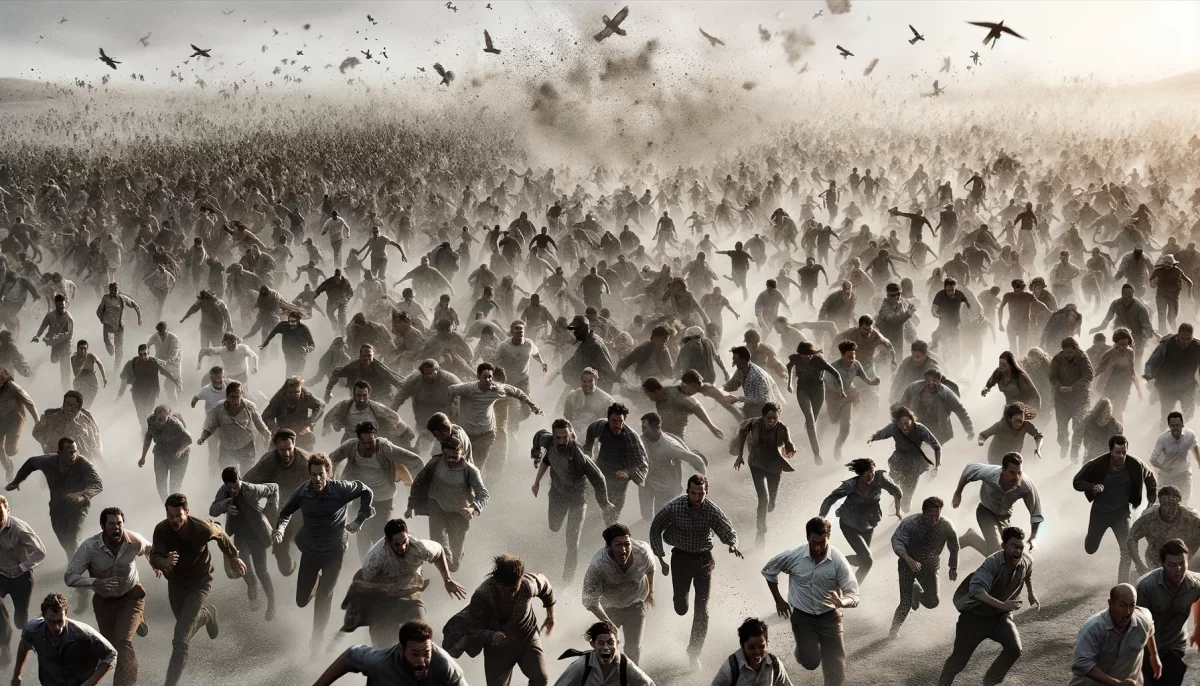

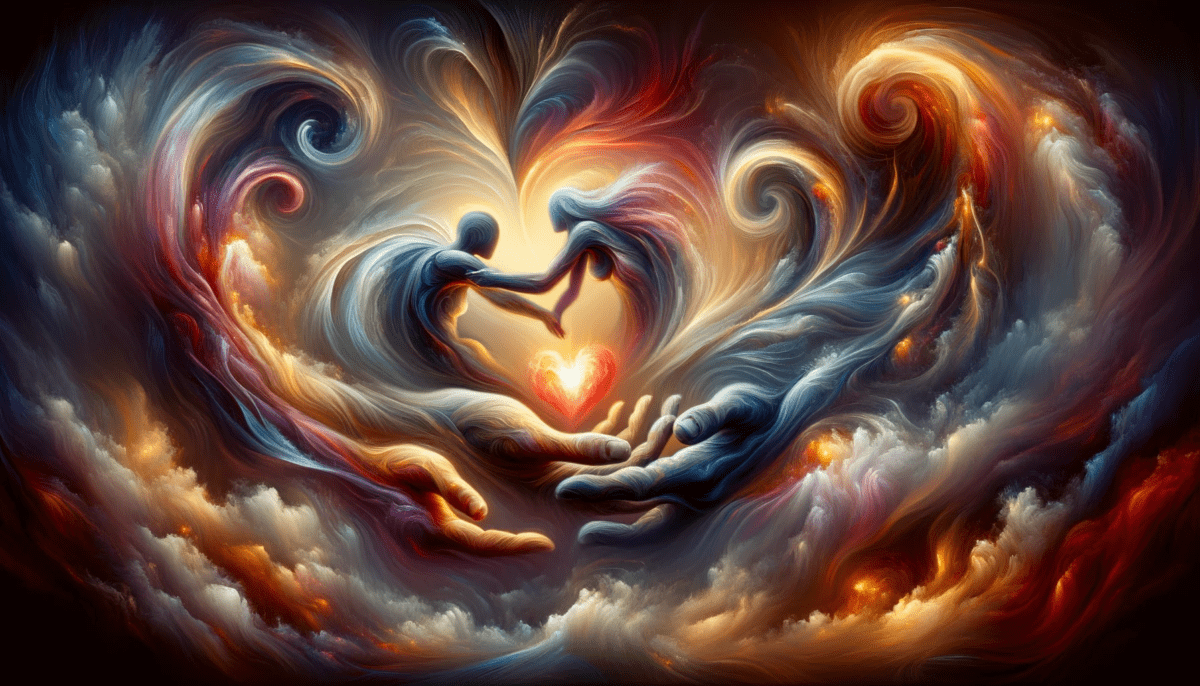



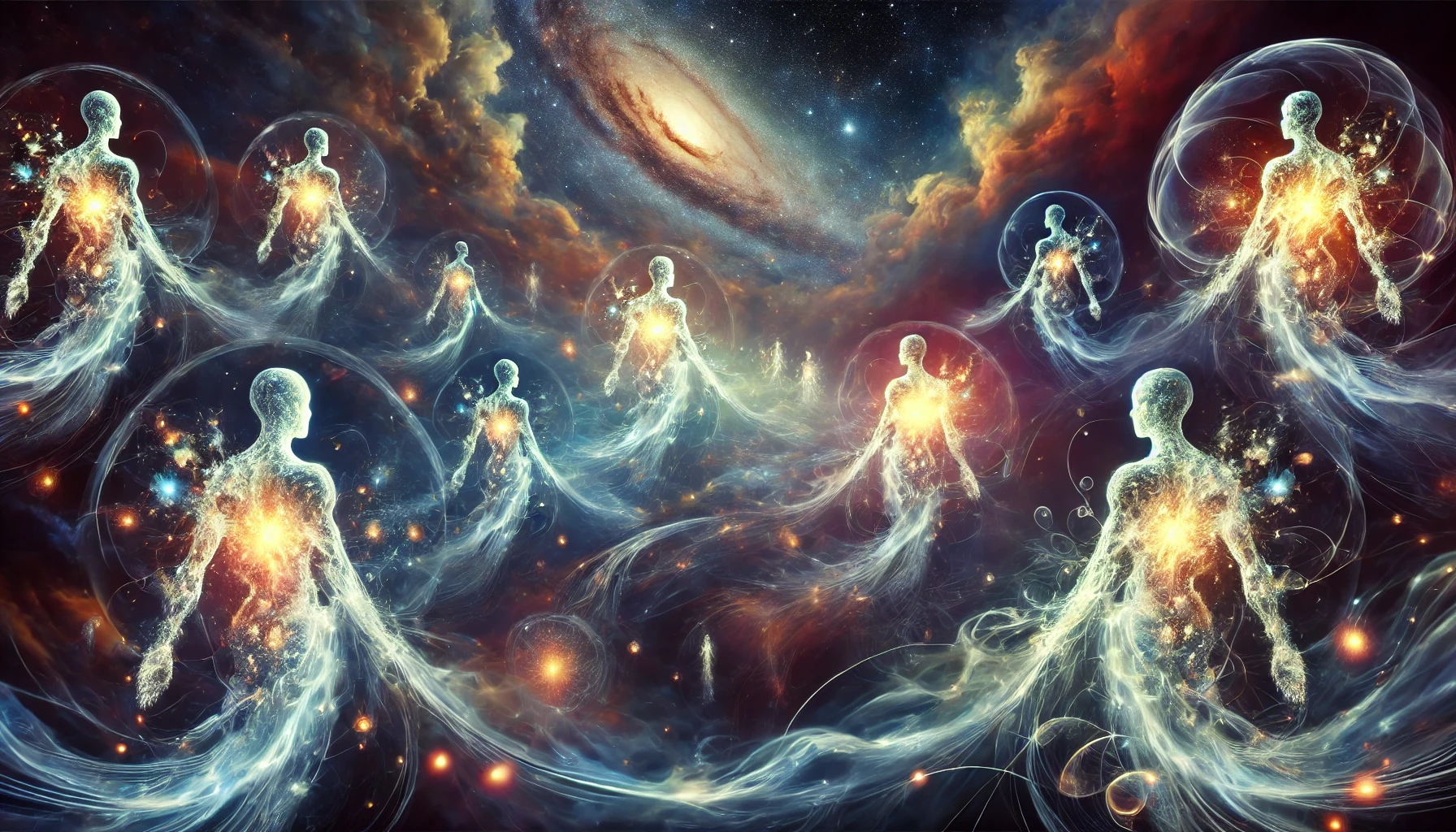
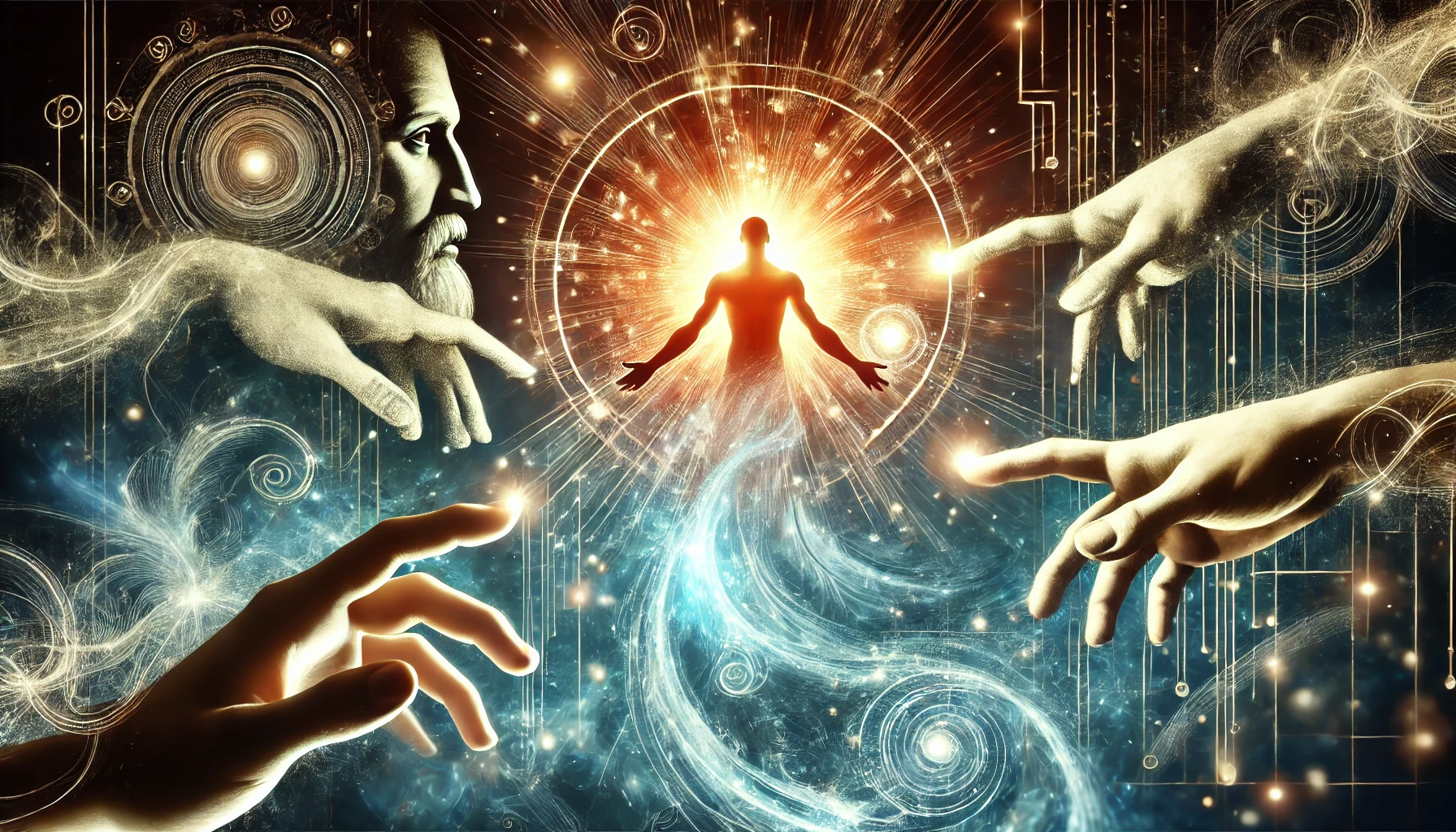
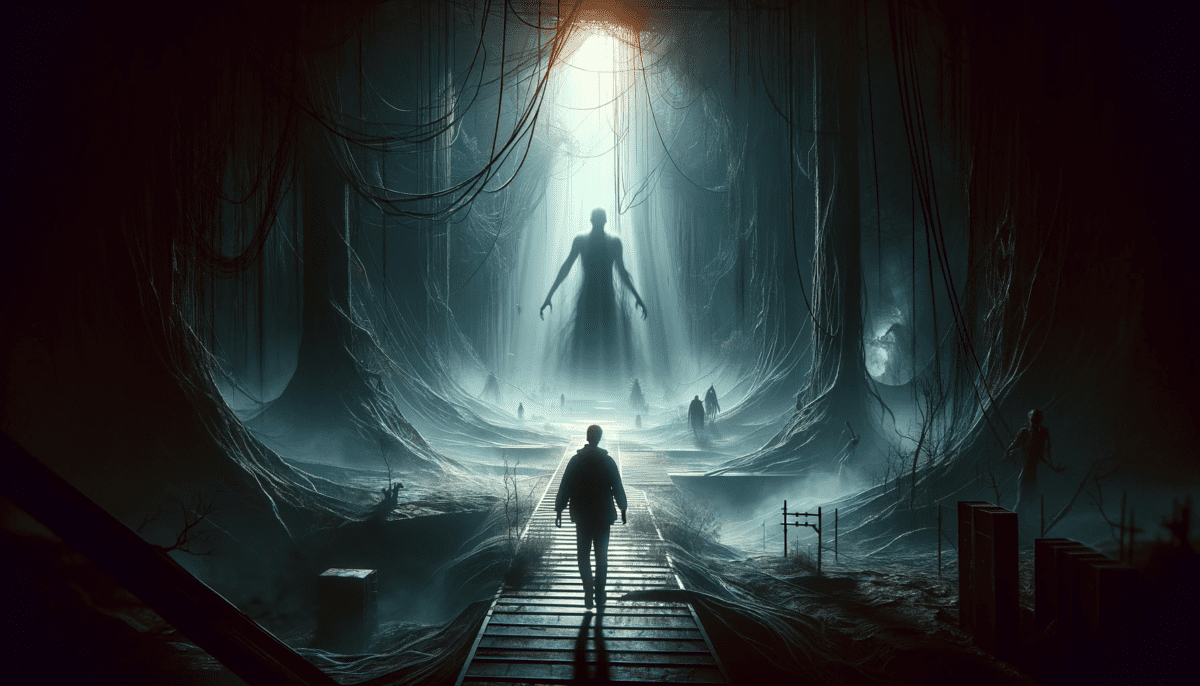
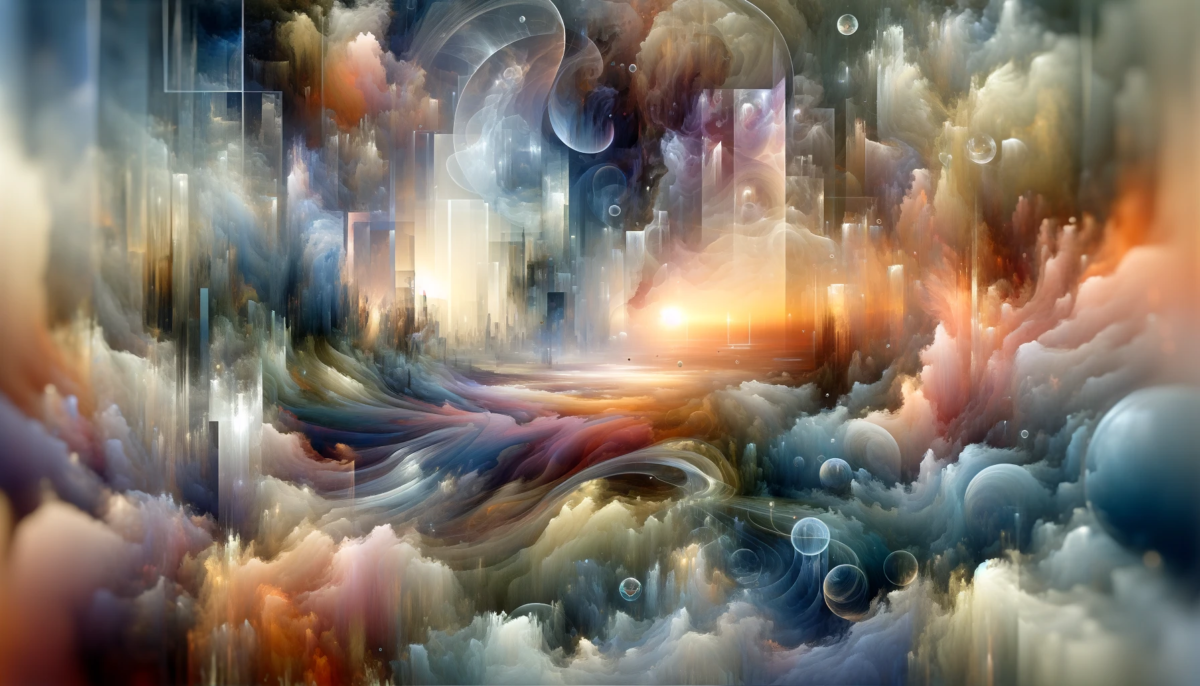





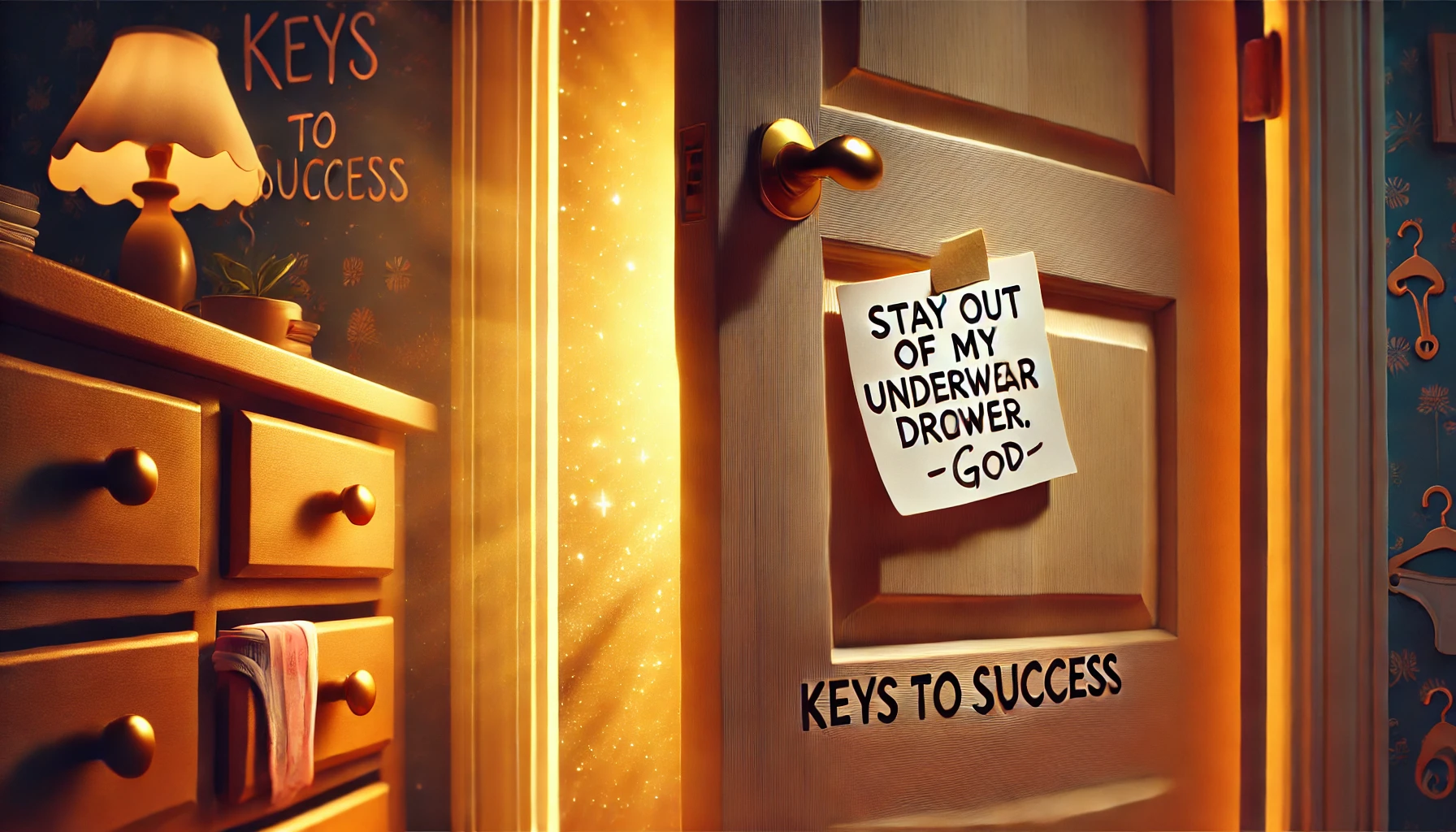

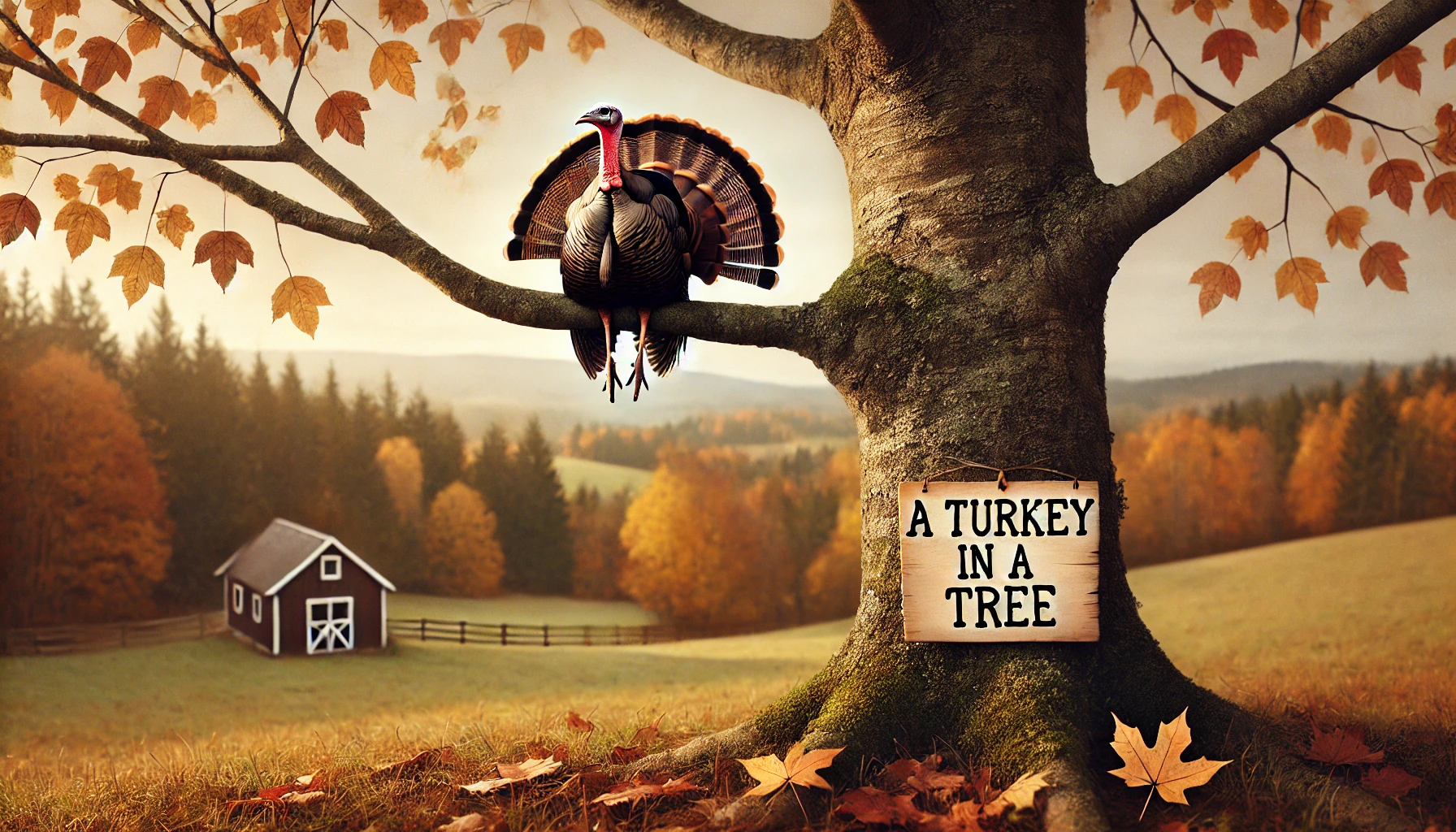

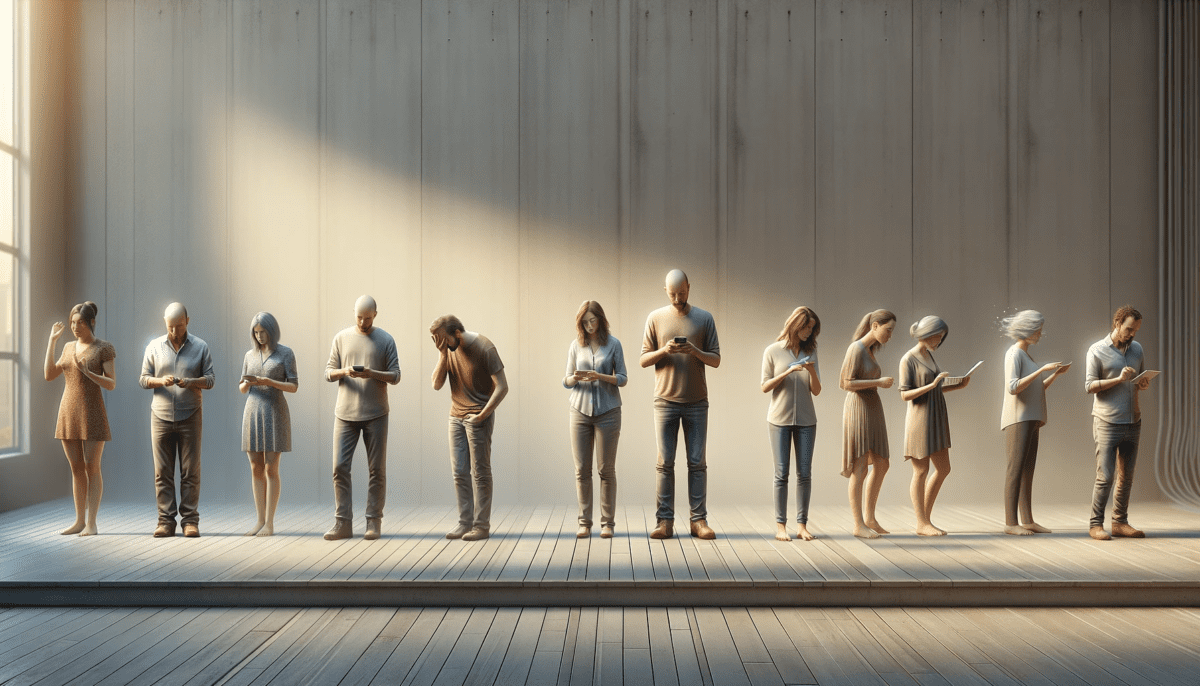







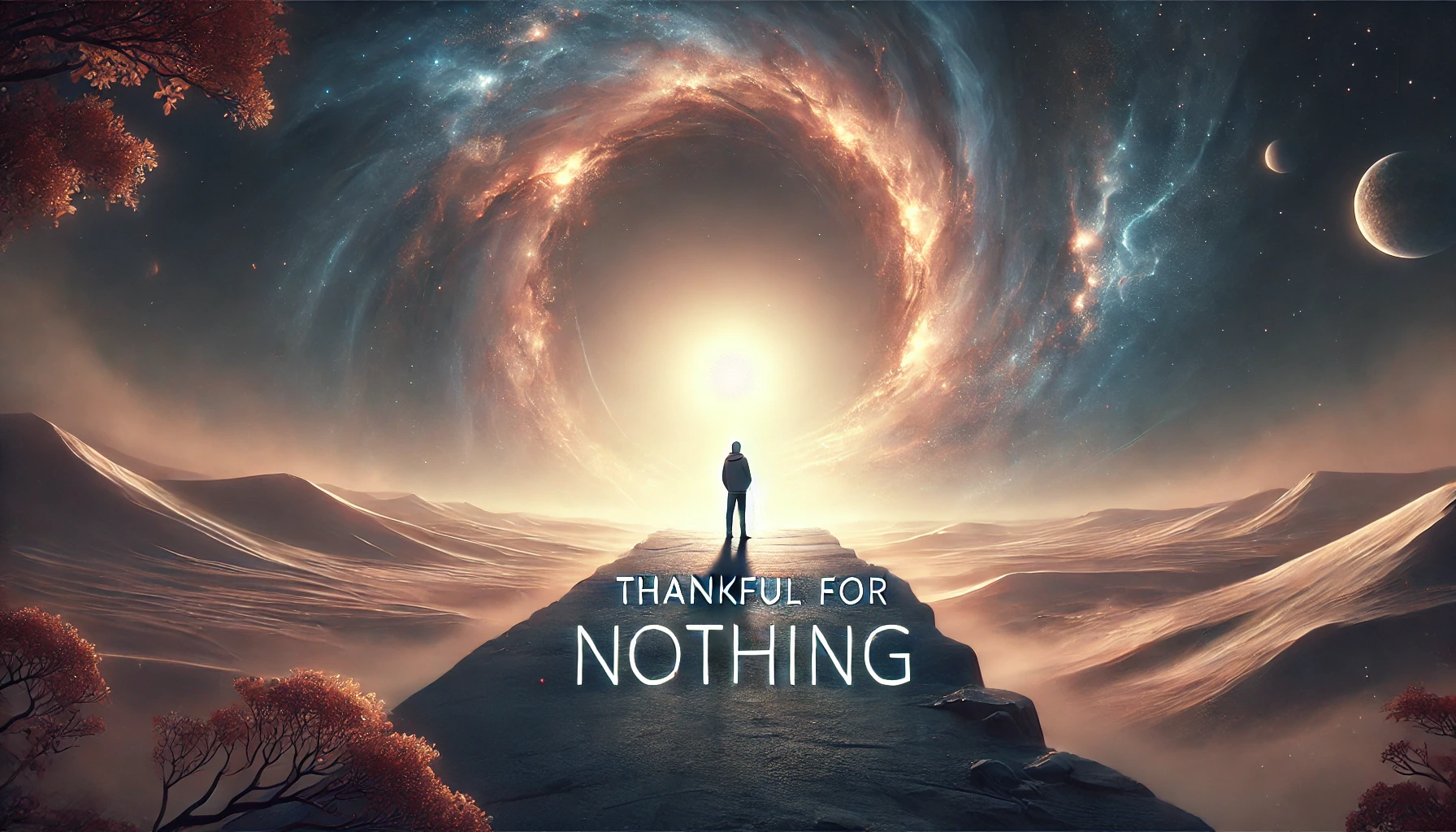
Leave a Reply